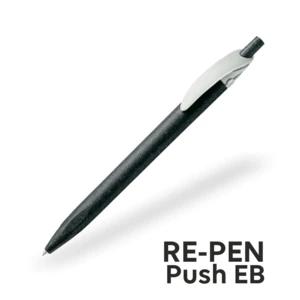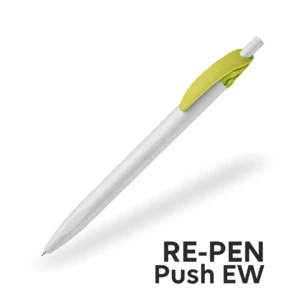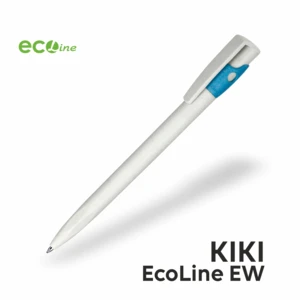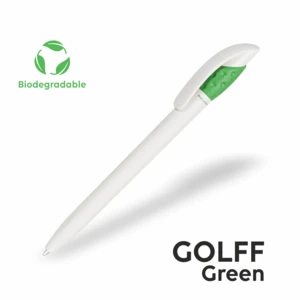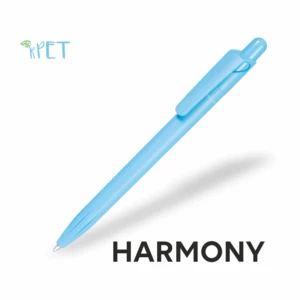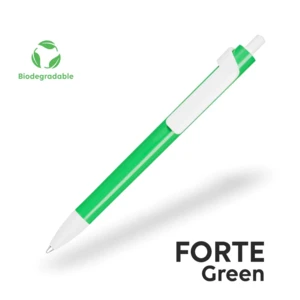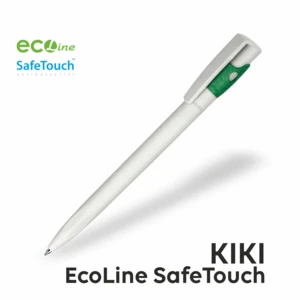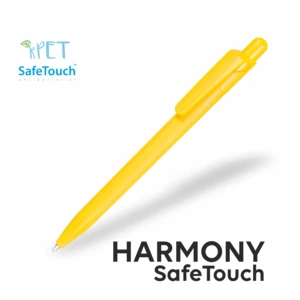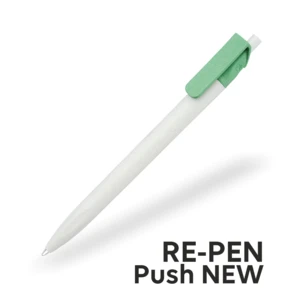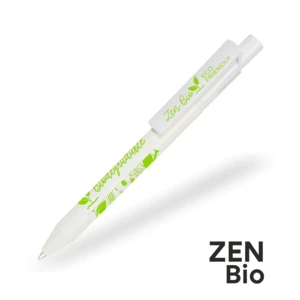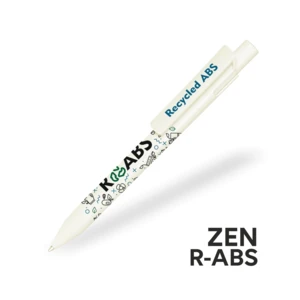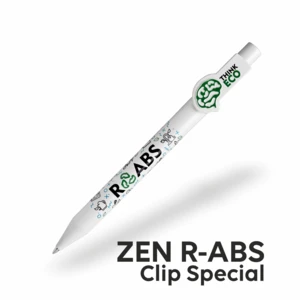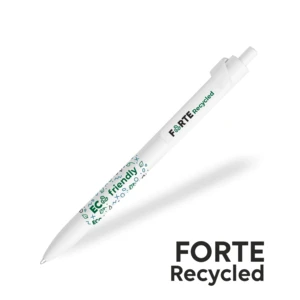Ecological pens are produced in Poland, and the components are made of certified raw materials. Ecological pens differ in shades and colors from the standard Lecce Pen colors, because they contain properties characteristic of eco-raw materials, e.g. biodegradation or fragments of material, e.g. aluminum (recycling of beverage cartons) or PET. The influence of external factors, such as moisture, high temperature, and high sunlight, affects the shape and color of biodegradable pens, due to their compostable properties.
Ecology
For almost three decades, we have been looking for and implementing solutions and products that are environmentally friendly, of natural origin or made from recycling of various types of waste.

R-Pet Line
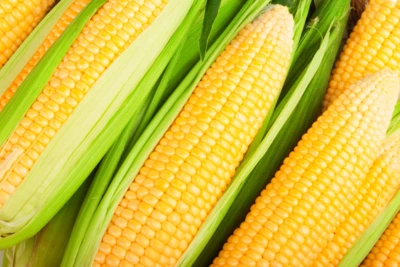
Biodegradable pens
The employed materials are the real answer to the demand of consumer product with low environmental impact, even the pen colors is obtained through the use of biodegradable master batches. From the earth the new biodegradable materials: the Bio-Plastic based on the corn starch.
The Bio-Plastic employed in the production of the biodegradable pens come from renewable sources and go back to the earth through processes of biodegradation and composing without the release of pollutants. It contains renewable raw materials such as non-genetically modified corn starch. Our pens made of corn (except spring and refill) starch are produced according to the definition of European regulations: biodegradation at least 90% in less than 6 months.
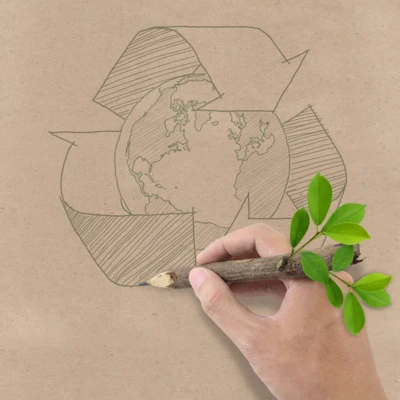
Recycled pens
Ecoline is a line of pens produced out of recycled drink cartons and for that reason the surface of those pens is not completely smooth. For printing on our pens we use ecological, low toxic paints compliant with EU REACH norm.
The print durability on Ecoline pens is consistent with ECO philpsophy. The feedstock consist of 75% paper, about 20% polyethylene and traces of aluminium (up to 5%) and it’s not tested with TESA tape method. Paint adhesion to the surface cannot be permanent as it would prevent the pen from decomposing in the environment - and that’s why we test our product for paint adhesion only.
Our first priority is to use recycled material in order to protect natural environment. Thanks to us today’s waste will become useful product – an alternative solution for a school, office and a household. By offering this ecological product to your client you create the image of yourself as an expert in ecology which helps to establish a positive association of your brand.
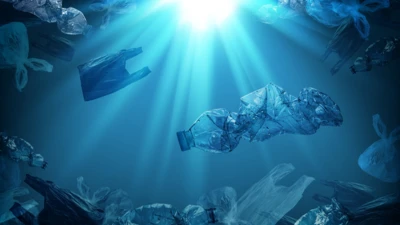
R-PET line
Line of writing articles made with recycled PET coming from the collection of industraiil waste and post consumer products like water and soft drink bottles, food, boxes. Once the differentiated collection is carries out and the material is transported to special sorting centers, this is shreadded and regenerated in the form of flakes and granules. Thanks to its characteristics, PET can then be reused to create new products. The recycled PET thus becomes R-PET.
Due to the specific properties and fragments of recycled materials, ecological pens differ in shade and color from the standard Lecce Pen colors.
Ecological pens made in Europe.
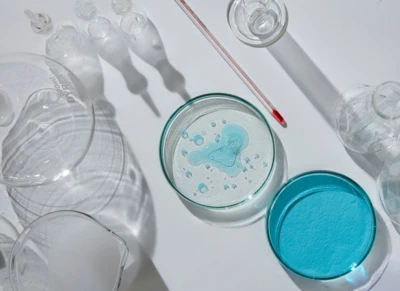
The first eco-friendly antibacterial pens combined with caring for the environment. Meet our ecological pens with SafeTouch™ antibacterial additive.
SafeTouch™ antibacterial technology is an innovative nature and consists in launching a new line of products made from material with properties scientifically defined as biostatic, i.e. produced as a result of combining traditional plastics with an antibacterial addition BIOMASTER inhibiting the growth and spread of microorganisms in plastic injection-moulded products. The product prototypes have positively undergone microbiological tests accordance with the standard - ISO 22196: 2011. With the new technology, end products will have exceptionally strong biostatic properties that will reduce 99% of bacteria and positively impact safety, health, hygiene and, consequently, the quality of life. This will allow for their extensive use in many industries – from the medical sector to the food industry.
